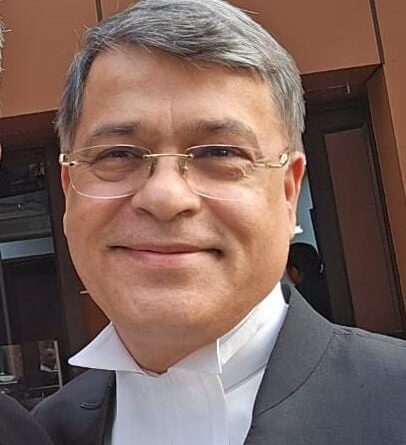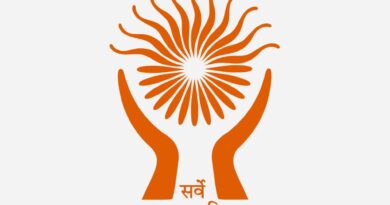Courts Must Intervene Promptly When Article 356 Is Misused to Impose President’s Rule in States, Asserts Sidharth Luthra
Access to this exclusive content is available only to our subscribers

Annual Subscription
₹ 820/year
(Plus ₹ 180 GST)
SUBSCRIBE NOWWith your support, we are able to provide an extensive range of content to you at an accessible subscription model




